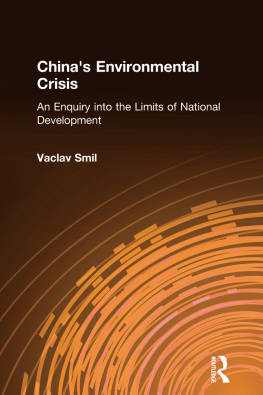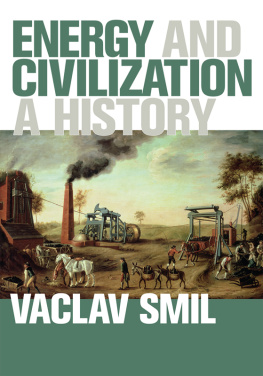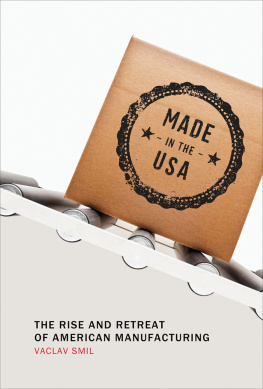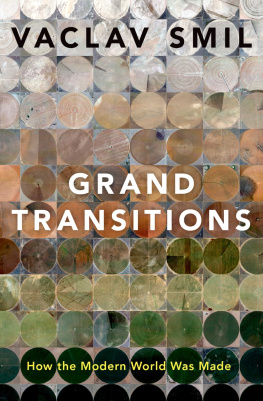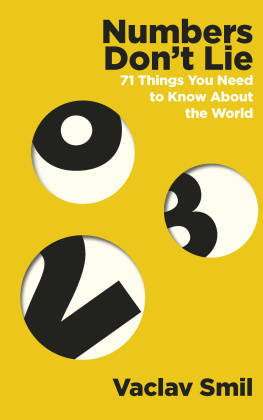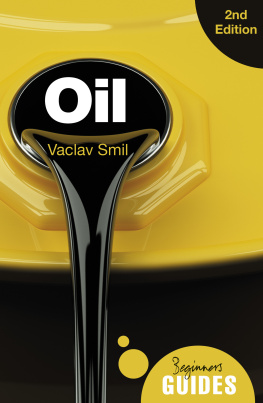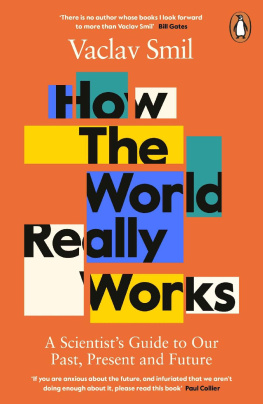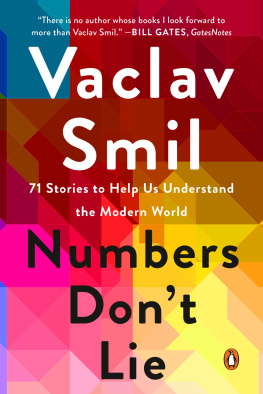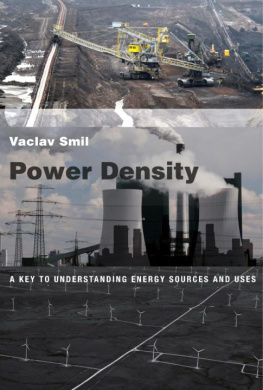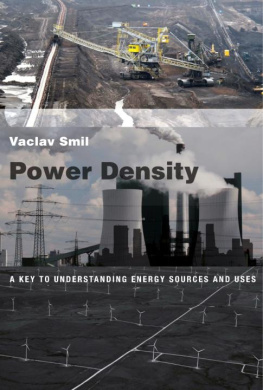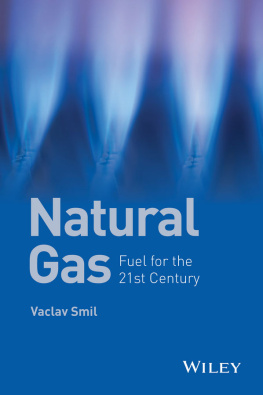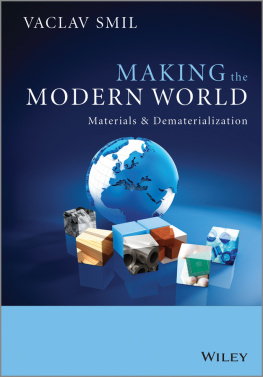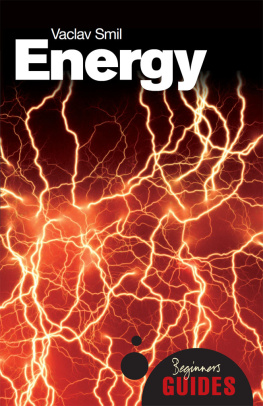"Over the last few months the news and reportage about China have become almost incomprehensively divided between two points of view. According to one set of reports, China is now confirmed as an economic 'colossus,' shaking off die trammels of the past.... But this same country, according to other reports, is now producing an entire new generation of illegal immigrants, men so desperate to leave their homes in rural China that they are prepared to pay up to $30,000 in agonizingly accumulated cash to Chinese smuggling gangs.... Vaclav Smil, building on more than a decade of research and thinking about China's environmental problems, has now produced an ambitious study that helps us to understand both these extreme perspectives, as well as the many gray areas in between.... [H]is list of problems facing China is so formidable that those ebulliently caught up in the excitement of China's current development boom should carefully reflect on his arguments.... Smil's book is a formidable achievement, and draws on an exhaustive range of information."
Jonathan Spence in The New York Review of Books
"In 1984... Vaclav Smil published The Bad Earth, calling the world's attention to serious environmental problems in China. Many Western scholars of China at the time thought Smil was overstating his case, but few of these observers had given the subject the kind of focused attention that Smil had. Over the past decade, as travel to China became more routine for foreigners and as a concern for environmental protection became part of the international culture, interest in China's environment has deepened. Awareness of the severity of China's environmental problems has become more widespread, and Smil has been vindicated for issuing his warning call. The China of 1993 is, in many ways, vastly different from the China Smil assessed in The Bad Earth .... China's economy is now recognized as the second or third largest in the world, and China is now being pointed to as the world's next economic superpower. Its environmental quandary has become more severe, however, and it is to it that Smil's new work, China's Environmental Crisis, is directed. Anyone interested in China, in U.S.-China relations, and in international environmental issues will want to examine what Smil has to say."
Richard P. Suttmeier in Science
"This is a must read for anyone interested in the PRC's energy, environment or agriculture, or the contribution of the PRC to climate change and other global environmental problems."
Lester Ross of Jones, Reavis, & Pogue
"... environmental issues are thoroughly discussed ... trenchant and systematic...."
Perry Link in The Times Literary Supplement
"Anyone concerned with the future of China, or of Planet Earth, MUST read this book.... Smil explores the 'environmental foundations' of China's current economic boom with a scientist's eye and an essayist's passion, and finds them 'alarmingly weak.' This virtual encyclopedia of China's troubled ecology might offer more information than the 'general reader' cares to know; but there is everything that specialists in many fieldspopulation, agriculture, forestry, water, energyneed to know."
Douglas P. Murray,
National Committee on U.S.-China Relations
China's Environmental Crisis
An Inquiry into the Limits of National Development
Vaclav Smil
An East Gate Book
First published 1993
by M.E. Sharpe
Published 2015
by Routledge
2 Park Square, Milton Park, Abingdon, Oxon OX14 4RN
711 Third Avenue, New York, NY 10017, USA
Routledge is an imprint of the Taylor & Francis Group, an informa business
Copyright 1993 Taylor & Francis. All rights reserved.
No part of this book may be reprinted or reproduced or utilised in any form or by any electronic, mechanical, or other means, now known or hereafter invented, including photocopying and recording, or in any information storage or retrieval system, without permission in writing from the publishers.
Notices
No responsibility is assumed by the publisher for any injury and/or damage to persons or property as a matter of products liability, negligence or otherwise, or from any use of operation of any methods, products, instructions or ideas contained in the material herein.
Practitioners and researchers must always rely on their own experience and knowledge in evaluating and using any information, methods, compounds, or experiments described herein. In using such information or methods they should be mindful of their own safety and the safety of others, including parties for whom they have a professional responsibility.
Product or corporate names may be trademarks or registered trademarks, and are used only for identification and explanation without intent to infringe.
Library of Congress Cataloging-in-Publication Data
Smil, Vaclav.
China's environmental crisis: an inquiry into the limits of national development /
by Vaclav Smil.
p. cm.
ISBN 0-87332-819-1 (cloth) ISBN 1-56324-041-6 (pbk.)
1. Environmental policyChina.
2. Economic developmentEnvironmental aspects
I. Title
HC430.E5S55 1992
363.7'09513dc20
91-20037
CIP
r92
rev
ISBN 13: 9781563240416 (pbk)
ISBN 13: 9780873328197 (hbk)
Contents
Looking at the flowers
While galloping by on horseback.
Chinese proverb
For knowing Chinareally knowing this continent-like country of diverse environments, ancient habits, contradictory leanings, and unprecedented challengeseven a lifetime is not enough. Still, a good measure of understanding can be gained even by those of us who glance at its complexity from the proverbial horseback. Unburdened by the strictures of customs, able to see more clearly both the bounty and the harshness of the environment taken for granted by the Chinese, an outsider can contribute at least a few pieces to the great kaleidoscope of understanding, empathy, and judgment through which we see the country.
Seasons
Autumn
Persimmons hanging like jewels on old trees, most leaves gone, bright blue sky brought by the first cutting wind from Mongolia.
Winter
Acrid smoke from millions of small coal stoves, darkened sky that yields no snow, knitted gloves that cannot prevent the cold from chilling the fingers wrapped around bicycle handles.
Spring
Putting away padded coats, taking a stroll in a park where the branches of weeping willows touch upturned boats, sweeping the graves, and looking forward to a good melon harvest.
Summer
Ceaseless cicadas of the Big Heat spell echoing the nervousness of muggy, rainless days; then a downpour leaving everything flooded, large bubbles floating on sheets of water.
Southern Days: Villages
Morning
Fog lifts slowly around courtyard farmhouses surrounded by bamboo groves; narrow field paths are slippery; in the distance children going to school carry their own tiny stools; the sun is a moonlike disc: you can look directly at it, round and weak.

